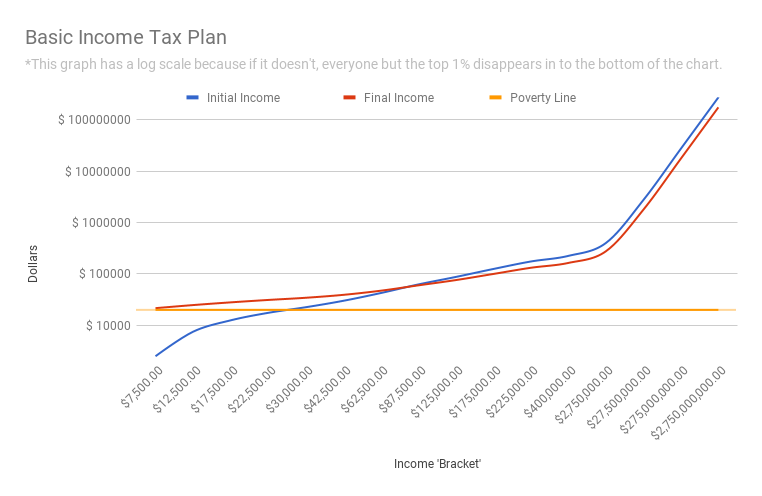I’ve spent far too much time lately trying to convince people that giving new things a shot is a worthwhile endeavour, especially when it comes to instant messaging apps.
Recently, I was led down the path of discovering Skype again, and then ended up tangentially researching pros and cons of that and other messaging services. Now, what I really want from an instant messaging app has become crystal clear.
Below is a list of all the things I’m looking for in an instant messaging service in 2020. Obviously, these involve a set of tradeoffs, but based on my personal priorities, this is where I’m at.
Key Features
- Cross-platform applications (web, mobile [iOS, Android], Windows, Mac, I guess Linux if you really want to be serious)
- In addition to the above, something that is really nice about good applications is that they respect the conventions of the platform(s) they’re on, including design conventions like dark mode and fonts/window design
- Email and username login (with optional two-factor authentication)
- Full message history, with option to export
- Company/service doesn’t make its money primarily from advertising
- Text, picture, video, audio/video calls with multiple people, GIFs, other nice well thought out features are a nice bonus
- Ability to share conversations via link for new people to join
- Conversations between different groups of people with overlap should be easy and handled gracefully, including showing enough information in notifications
At the moment, the app I have found that matches all of these the best is, like I said last week, Skype! I was as surprised as you, but I’m planning on sharing this info with as many people as I can to see if we can make Skype a thing again.1Find me on Skype today!

